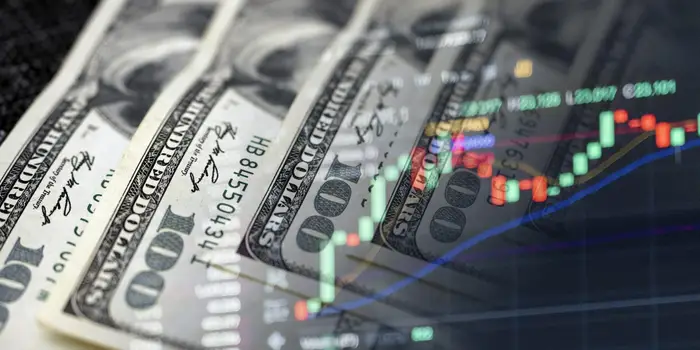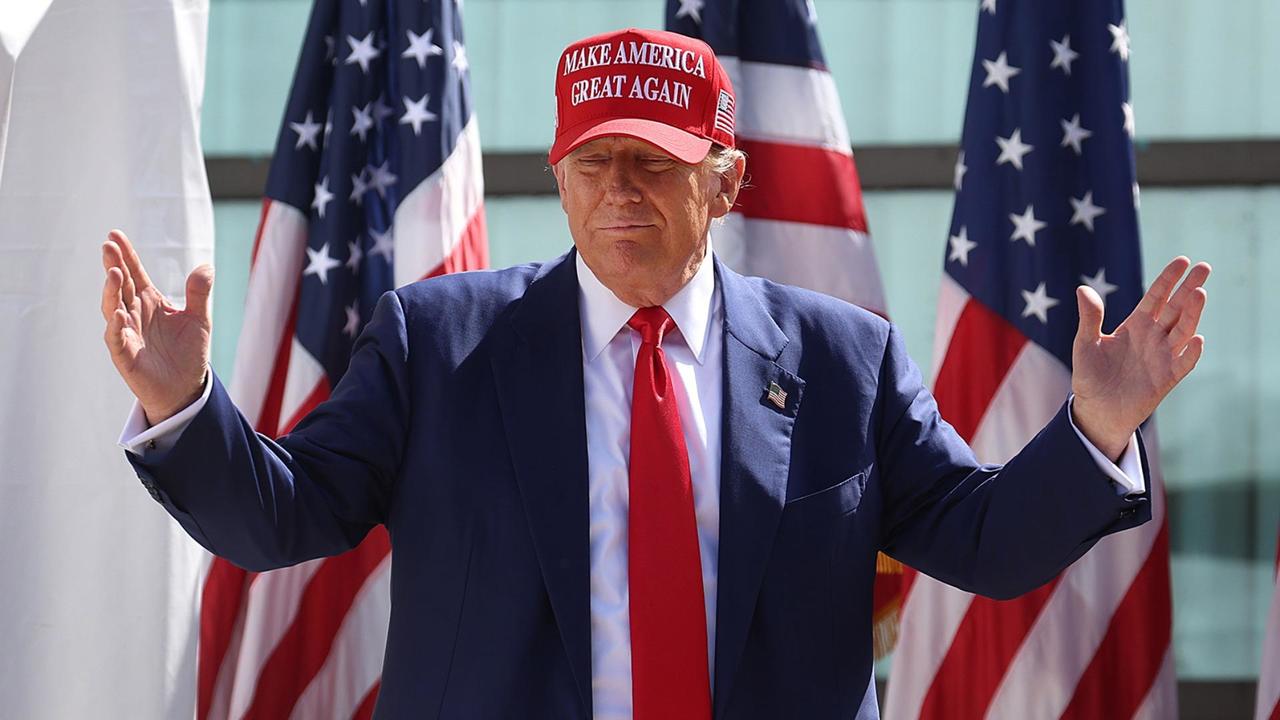In a move that’s rebuking historical norms after attempted presidential assassinations, the stock market surged for the first time ever after such an event on Monday – and it has market analysts perplexed.
Dr. Richard Baker, CEO and executive wealth advisor at Springfield, Mo.-based Fervent Wealth Management, says Monday’s market surge wasn’t just financially historical – it was a first for American politics and culture as well.
“Nothing is deterring this stock market,” Baker said. “On the Monday after the attempted assassination of President Donald Trump in Pennsylvania, the Dow Jones Industrial Average and the S&P 500 hit new all-time highs. This isn’t normal. Not that anything in America seems normal anymore.”

Baker recounted ten attempted assassinations, from President Teddy Roosevelt in 1912 to President George W. Bush in 2005. The Dow Jones averaged negative over 1% on the next trading day afterward, according to CFRA Research.
“But not this time,” Baker said. “The first trading day after the Trump shooting saw the Dow Jones up half a percent and the Russell 2000 up almost 2%.”
Baker noted that both stock indexes and government bond yields rose. It seems investors are assessing that the assassination attempt on Donald Trump makes his victory in November more likely.
“We see that in the “Trump trade,” investors are moving into holdings that would benefit from a second Trump administration and a possible Republican sweep in the House and Senate,” Baker said. “These holdings would benefit from extended – possibly expanded – 2017 Trump tax cuts, pro-business regulatory policies, steeper yield curve, rising long-term yields, stronger U.S. dollar, weak Mexican peso, weak Chinese yuan, deregulation for banks, and energy.”
Baker said the break from history was more than notable.

“The day after John Hinckley shot President Ronald Reagan at the Hilton in 1981, the Dow fell 1.4% after the shooting. The failed assassination of Franklin D. Roosevelt a few days before his inauguration in 1933 pushed the Dow negative 4.3%, and the Dow lost 2.9% after President John F. Kennedy was killed in 1963, according to information from CFRA Research,” Baker said. “This trend was bucked this year to show us how crazy this political year has become.”
Neither of the Roosevelts, Reagan, or Kennedy had a public stock with a ticker symbol containing their initials. On the first trading day after this shooting, shares of Trump Media & Technology (DJT) were up over 30%. As were gun maker stocks like Smith & Wesson Brands, which was up 11%, and Sturm, Ruger & Co., which closed up over 5% on the Monday after. These are crazy times.
Baker believes not only did investors shrug off an attempted assassination of a major party candidate, but they hit the gas pedal. Investors who have ridden the emotional roller coaster of the pandemic market and political turmoil are focusing more on earnings, artificial intelligence, inflation, and interest rates, which has made them have a thick skin for national crises that didn’t affect them personally.
Baker said he expects volatility in the market to continue in this year that’s shown itself different from all the rest.
Dane Hicks is a graduate of the University of Missouri School of Journalism and the United States Marine Corps Officer Candidate School at Quantico, VA. He is the author of novels "The Skinning Tree" and "A Whisper For Help." As publisher of the Anderson County Review in Garnett, KS., he is a recipient of the Kansas Press Association's Boyd Community Service Award as well as more than 60 awards for excellence in news, editorial and photography.





